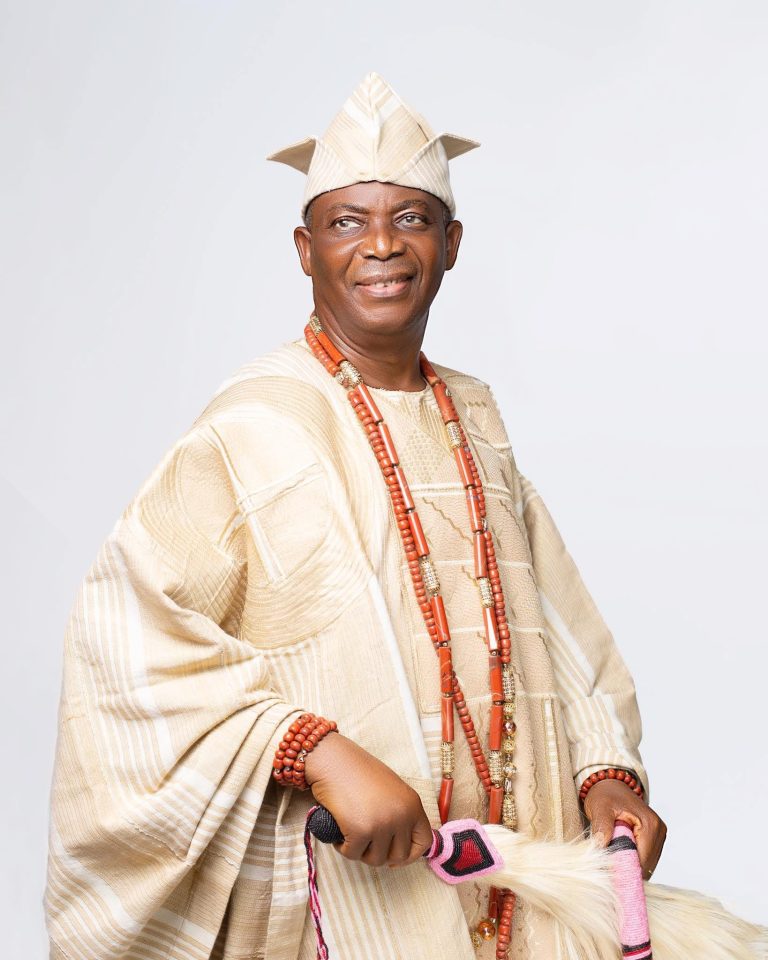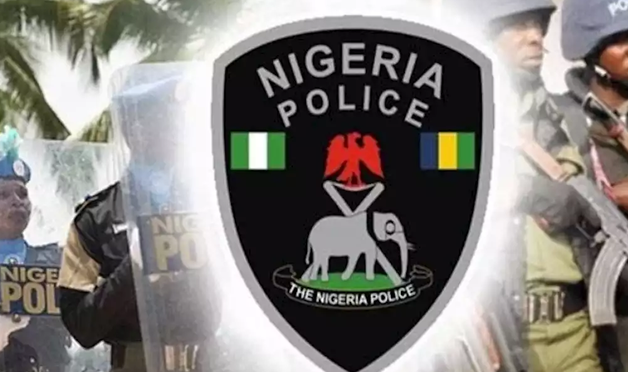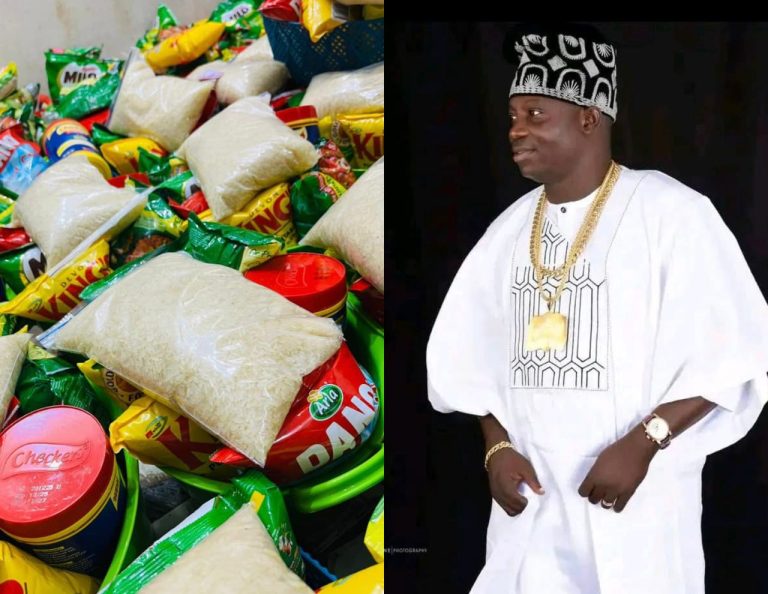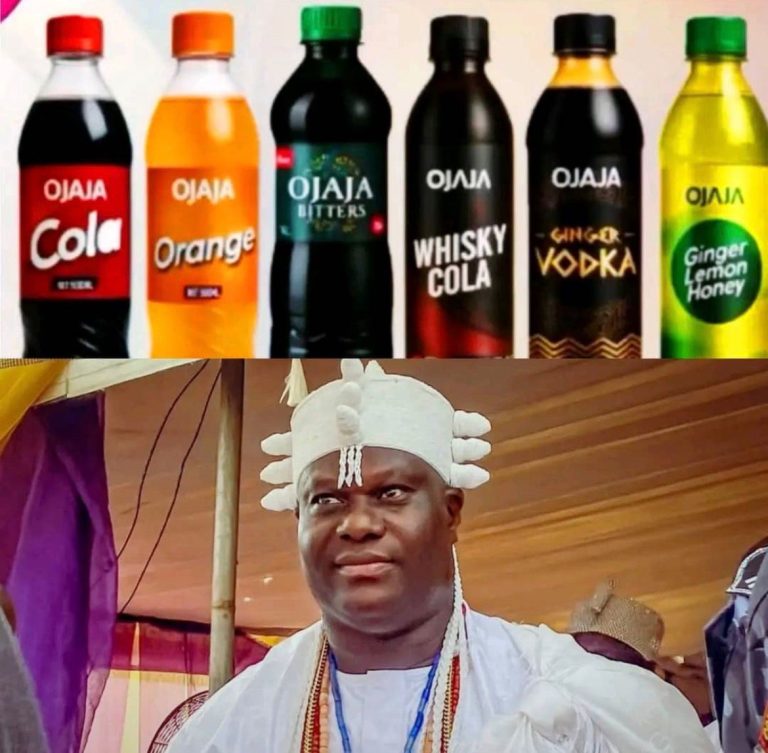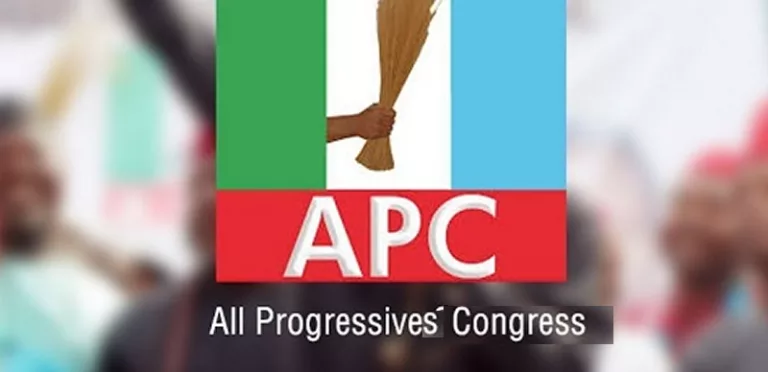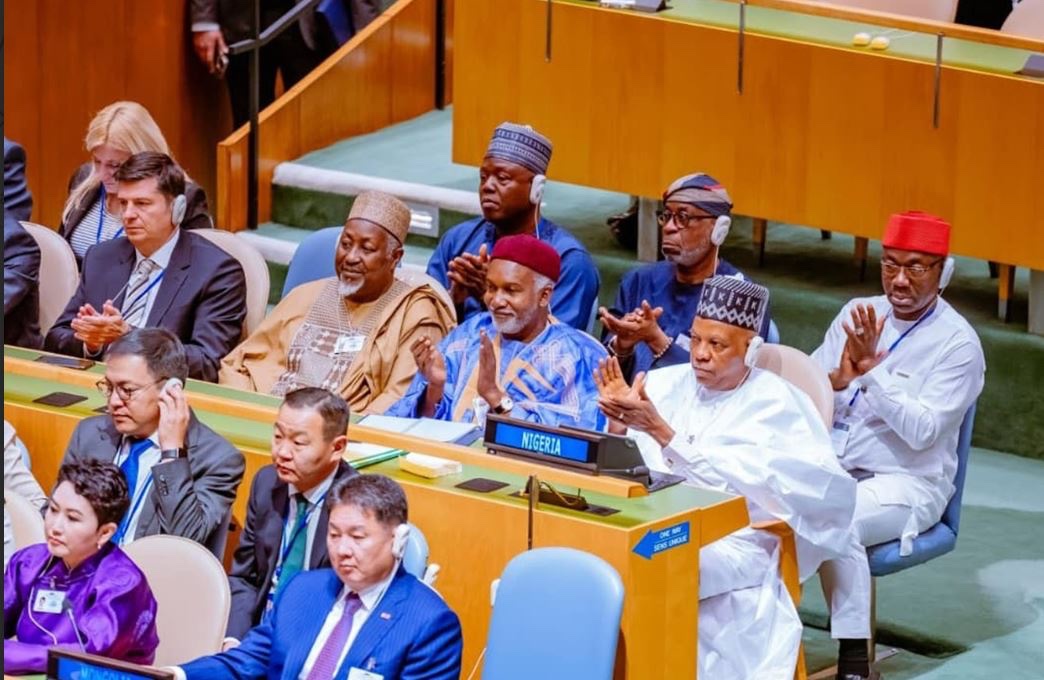
In Nigeria’s national statement delivered at the 79th session of the United Nations General Assembly (UNGA) late Tuesday, President Bola Tinubu protested to world leaders by decrying global priorities that perpetuate poverty and hunger and neglect urgent humanitarian needs.
Tinubu frowned on the misalignment between resources allocated to prosecuting wars by World leaders and those dedicated to alleviating human suffering in developing countries.
He called for a recommitment to multilateralism among UN member states and warned against the rise of singularity and nationalism.
Stressing the dangers of digressing from multilateralism, Tinubu said: “Today, these pillars of our organisation are threatened. They risk being broken by the relentless pursuit of individual national priorities rather than the collective needs of the nations that are assembled here today.
While commitment to multilateralism offers us the surest guarantee of global action to address the existential challenges we face, singularity and nationalism are undermining the aspirations towards the peaceful and collective resolution of such challenges.
“From last year’s summit, and indeed from previous years, we have carried over the numerous challenges of terrorism, armed conflict, inequality, poverty, racial discrimination, human rights abuses, food crises, hunger, irregular migration, piracy, global pandemics, hyper-inflation, nuclear proliferation, grinding debt burden, climate change, and a host of other vexations.
The continued manifestation of these challenges testifies to our failings rather than to any lofty achievements on our part. Billions of dollars are being committed to the prosecution of wars and the fanning of the embers of conflict.
“Yet, we always recoil from bringing out the resources we need to build peace and to deliver life’s necessities to people. The question of governance is at the heart of our problems – and also the solution to them.
We recognised this in Nigeria when on 12th June this year, we celebrated a quarter of a century of unbroken democratic rule. We are no less proud of this achievement than the fact that during the last two decades, a sustained process of democratisation has swept over Africa.”
President Tinubu asked world leaders at the high-level meeting to consider a “comprehensive debt relief” for Nigeria and other developing countries to enable them make progress economically.
We must ensure that any reform of the international financial system includes comprehensive debt relief measures, to enable sustainable financing for development.
Countries of the global South cannot make meaningful economic progress without special concessions and a review of their current debt burden,” Tinubu stated.
that Tinubu’s plea for debt forgiveness is similar to the previous call by former President Muhammadu Buhari at the 76th session of the United Nations General Assembly asking world leaders to consider developing states “facing fiscal and liquidity challenges” and consider them for “debt suspension, including outright cancellation.”
Beyond the debt issue, President Tinubu reiterated Nigeria’s longstanding demand for a permanent seat on the UN Security Council.
“Africa must be accorded the respect that it deserves in the Security Council. Our Continent deserves a place in the permanent members category of the Security Council, with the same rights and responsibilities as other Permanent Members,” Tinubu said.
Represented by Vice President Kashim Shettima at the annual global meeting, Tinubu decried the steep descent to singularity and nationalism which, according to him, are undermining the quest for peaceful and collective resolution of global challenges.
The Nigerian leader also expressed concern over the recent wave of unconstitutional changes of government in Africa, attributing them to the fragility of democracy when not supported by economic development and sustained peace and security.
He urged the international community to address the root causes of these issues, including poverty, hunger, and inequality.
On the economic front, Tinubu advocated for reforms in the international financial architecture and a transparent multilateral trading system.
He called for practical measures to strengthen international cooperation toward recovery of proceeds of corruption and illicit financial flows.
Prior to delivering Nigeria’s national statement, VP Shettima had met Finnish President, Alexander Stubb, during which he solicited the support of Finland in Nigeria’s pursuit of a permanent seat at the UN Security Council.
“Nigeria has 25 years of uninterrupted democracy. And in President Bola Ahmed Tinubu is a president with huge democratic credentials and commitment. With him in the saddle, Africa and the larger world would be safe, futuristic, acceptable and more peaceful,” VP Shettima stated.
